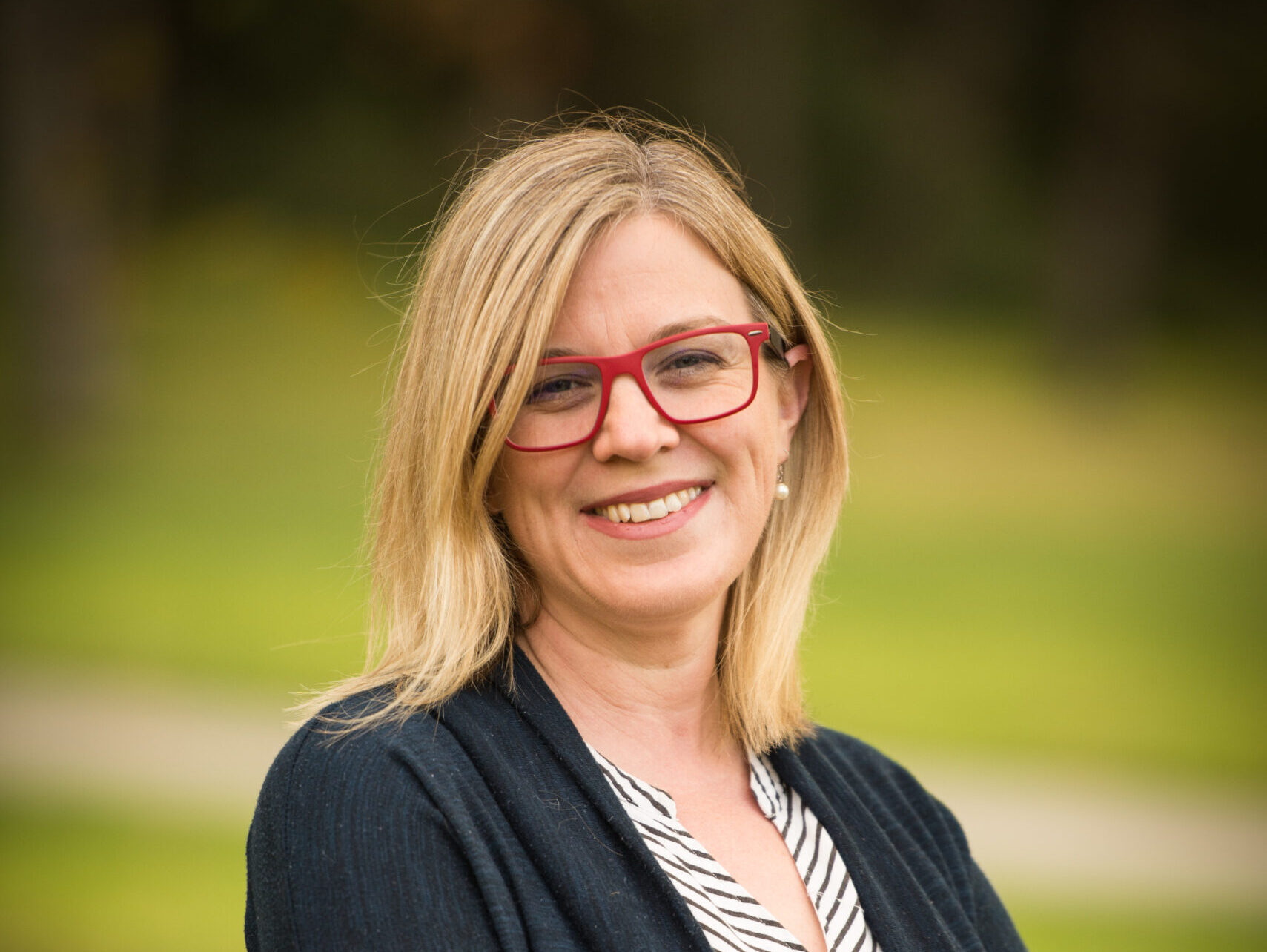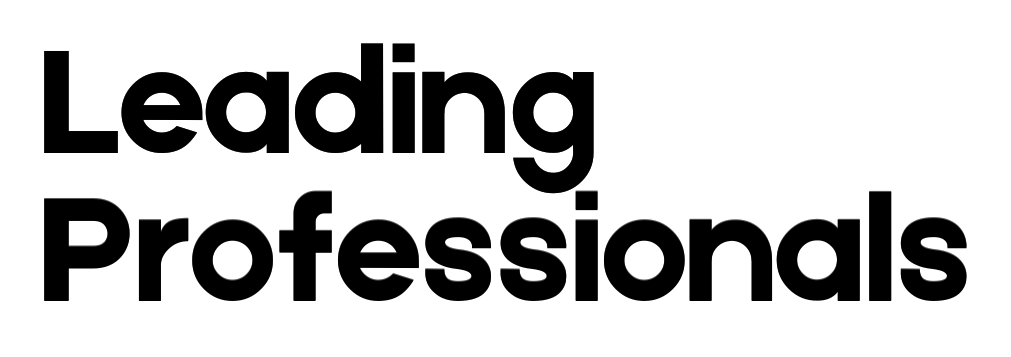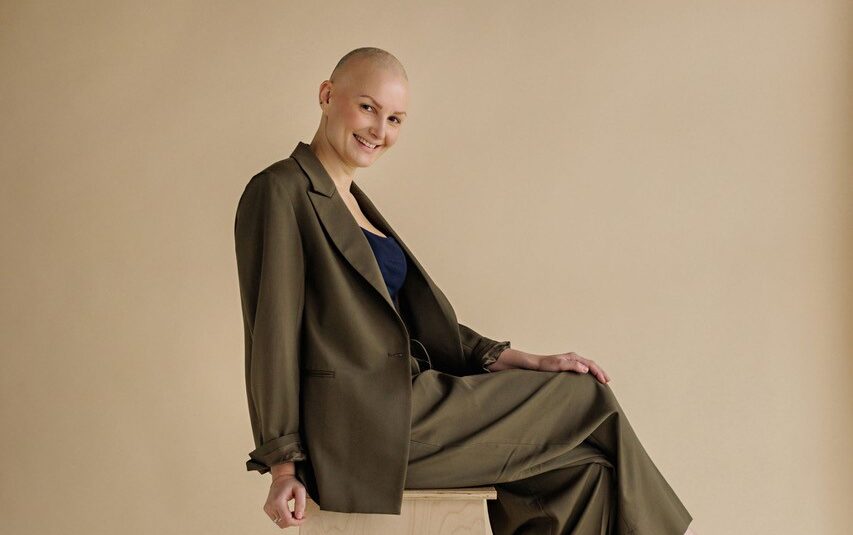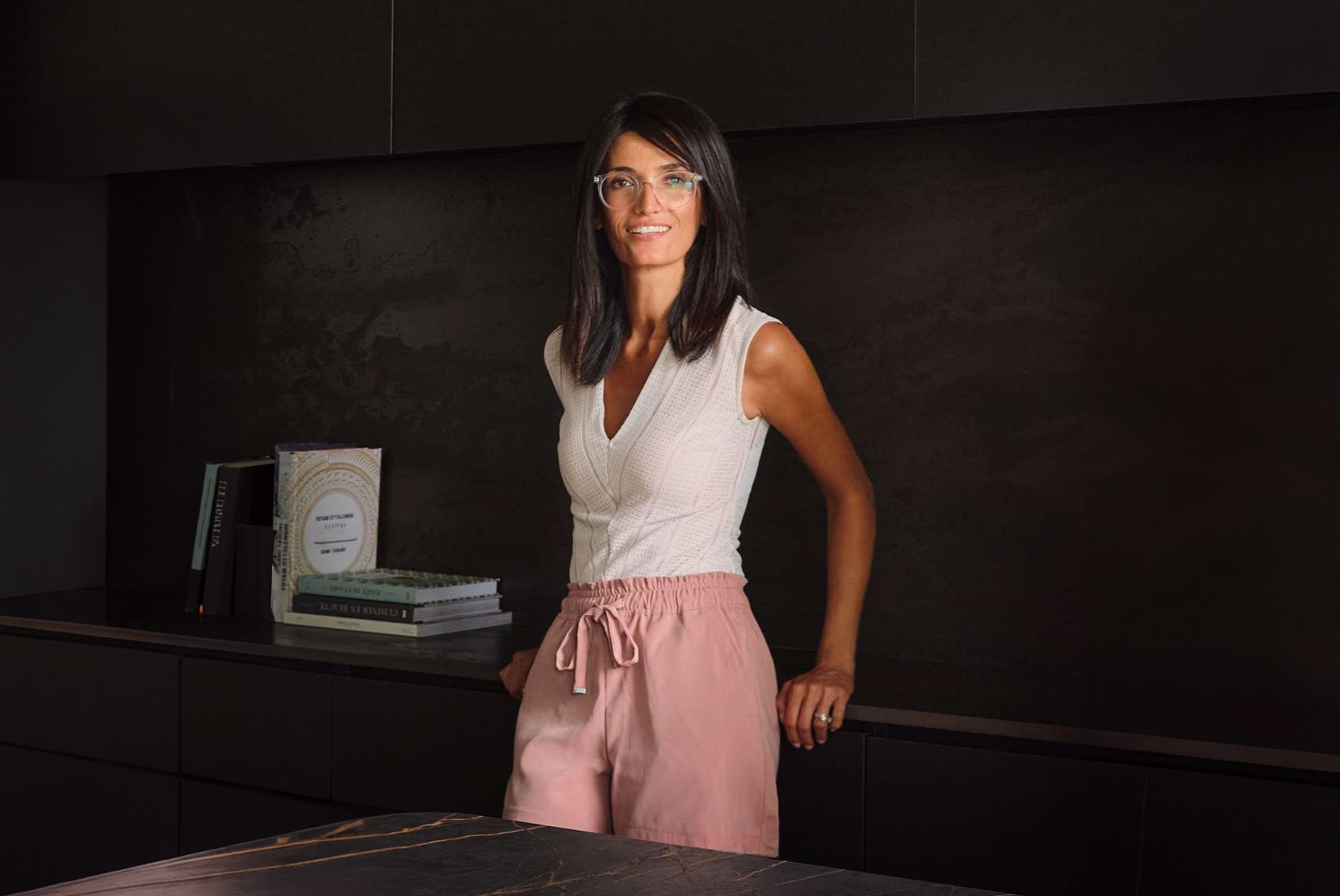
Clare Share is Climate Solutions Lead for McElhanney’s recently started Sustainability, Climate and Asset Management Groups.
This group emerged from employees’ commitment to sustainable development. Here, Clare and her team focus on how their work can help communities become more resilient to the impacts of climate change in a sustainable manner.
Clare is passionate about engineering and its ability to impact communities for the better. As a profession with an obligation in service of public interest, there are many opportunities to align one’s personal interests with achieving immense societal benefit.
“There is a huge role for engineers in the development of sustainable communities that are resilient to the impacts of climate change. Engineers need to be thinking about how climate change will affect their projects now before these impacts are realized.”
For Clare, flood risk management was the focus of her earlier career work. This built the foundation for her expertise on the impacts of climate change on community infrastructure, which she applies now in her work to mitigate climate risk and build infrastructure resilience.
Clare’s career as an engineer out of university began in downtown London, England.
In 2014 her and her husband decided to move to Canada with their (then) one-year old for a new opportunity and to experience a different part of the world.
This was a huge change professionally and at times was very challenging. She had gone from working in downtown London in a very specialised role to coming to a small town and needing to take on a greater variety of engineering roles that were unfamiliar to her. Through these challenges, Clare is proud of having built up the service of flood risk management, and then ultimately climate risk management.
“When I first moved to Canada I was surprised to see that the industry was not thinking about flood risk and sustainable ways to manage it in the same way that I had seen in Europe, I am happy to see that this has developed further in Canada now and these conversations are becoming more mainstream in engineering projects.”
Now, she is back to a specialist role in an area that she loves.
Clare has played a leading role in several projects that have won industry awards in both Canada and the United Kingdom:
- The Bridget Joyce Square Sustainable Drainage Project Institute of Civil Engineers London award for best Community Impact (UK),
- The Kitimat Flood Management Strategy ACEC-BC Award of Excellence,
- The Culvert Vulnerability Asset Management System Transportation Association of Canada Climate Action Achievement Award.

Clare reflects on leadership attributes that she admires in her professional work.
She notes that she sees the greatest skill of a leader is the ability to be true to oneself and the things that one is passionate about.
“When you are able to maintain that integrity, it shines through in the people that you work with. And recognizing that there is a whole person behind a job title – getting to know the person is important and I think the personal touch goes a long way.”
Clare also reflects that the best skill in a mentor is the art of active listening and not being too keen to steer one’s mentee a certain way.
“I have been very fortunate to have some amazing mentors throughout my career that have inspired me to stay true to my passion and that it is ok to specialize in your field early on in your career.”
As a mentor to women in her professional and personal communities, Clare offers the following advice:
“Don’t let your passion be dulled by the voices or opinions of others – stay true to what is important to you.”
In addition to her professional expertise, Clare is passionate about supporting women in STEM.
She reflects, too, on early influences of Lego and problem-solving as a child. In her 20 years’ volunteer work with Girl Guides, Clare fosters this connection to STEM amongst youth. She notes her aunt who had established a career as a Civil Engineer as an inspiration – notably at a time when women were hardly represented in the profession at all.
“As a kid I had a love of maths and problem solving, and Lego! I also had an aunt that was a civil engineer, well ahead of her time with regards women in the profession, and she was a great inspiration.”
Clare is particularly proud of her contributions to support women in the workplace. She was part of the team that kicked off many of McElhanney’s efforts related to women and chaired the Women at McElhanney group for many years. Clare has also been part of initiatives with EGBC and ACEC-BC to support women in the engineering industry.
“There is still a long way to go before we can say that there is equity in the industry, but there are so many more women entering the industry now than when I first graduated. However, it isn’t just about the number entering the industry, it is about ensuring that women are inspired to stay in the industry with clear paths to leadership and career development.
We need to create a culture that fosters women and there is still much to do to ensure that women feel supported in this industry to grow to become the leaders that the industry needs.”
Clare’s career serves as an example of aligning one’s personal and professional interests.
While many concepts of career progression favor roles other than specializations, Clare has earned a leadership role where she excels and contributes to better professional practice and improved workplace culture as a specialist.
She reflects on the quote “you can’t be what you can’t see”, which she first heard with respect to women early in their career.
“We need more female leaders in the industry now so that women coming into the industry have clear visibility of what their future could look like in a leadership role.
As a mother of an 11-year-old daughter I want her to grow up in a world where we aren’t still having these conversations around equity because it is the norm.”
Throughout her career she has followed her passion for sustainability and improving communities – both those within the engineering profession and those impacted by it. In much the same way her civil engineer aunt served as an inspiration to her, Clare is paying it forward in her work to support better industry culture and meaningful representation of women in consulting engineering.




